Mining + Geomechanics
Still locked within the Earth’s crust are the keys to addressing some of society’s most pressing issues: sustainable growth in the face of diminishing nonrenewable natural resources, climate change, alternate energy sources, minimizing waste generation and mitigating waste impacts, stewardship and preservation of agricultural land, and even looking at exploration of other planets. Faculty members in the Mining + Geomechanics research group also collaborate with colleagues in physics, geology, and engineering through the multidisciplinary Lassonde Institute of Mining.
Facilities & Institutes
- Lassonde Institute of Mining
- Innovation Centre for the Canadian Mining Industry
- Rock Fracture Dynamics Facility

Related Faculty
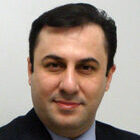
Kamran Esmaeili
ProfessorMine to Mill Process Optimization: Development of smart modeling solutions for the mining industry

Murray Grabinsky
Associate ProfessorMining and Geomechanics/Mining Engineering: Liquefaction of strong ground pond tailings mixed with binder (CPB)

Giovanni Grasselli
ProfessorHydraulic Fracturing/Rock Mechanics: Flow and transport in fractured porous media
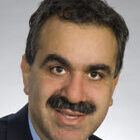
John Hadjigeorgiou
ProfessorGround Support/Rock Mass Characterization: Behaviour of veined rock masses/surface mining
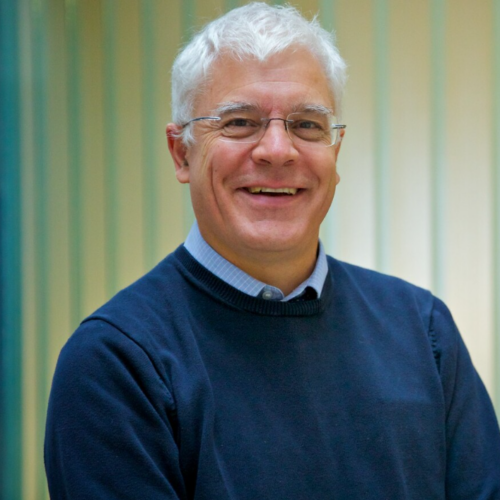
John Harrison
ProfessorMining Engineering and Rock Mechanics: Rock engineering

Mason Ghafghazi
Associate ProfessorNumerical and Physical Modelling of Geotechnical Processes: Constitutive modelling of soils/behaviour of gravelly soils
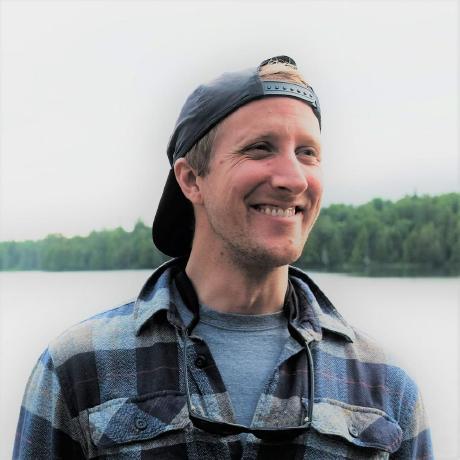
Sebastian Goodfellow
Assistant Professor(Experimental) Rock Mechanics and Rock Physics / Bioinformatics: Applied seismology/ultrasonic and acoustic emission testing

Lesley Warren
ProfessorEnvironmental assessment and reclamation of water resources associated with mining practices; wastewater analysis and remediation
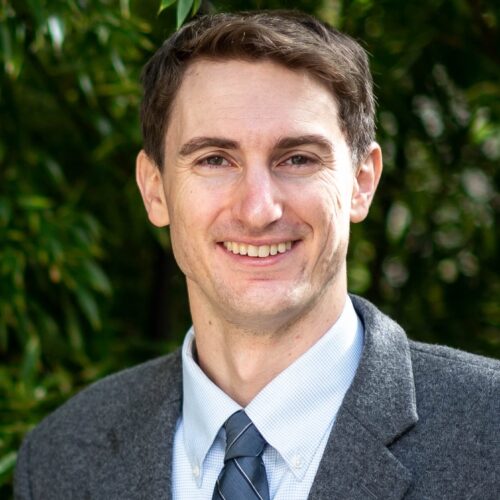
Trevor Carey
Assistant ProfessorGeotechnical Engineering